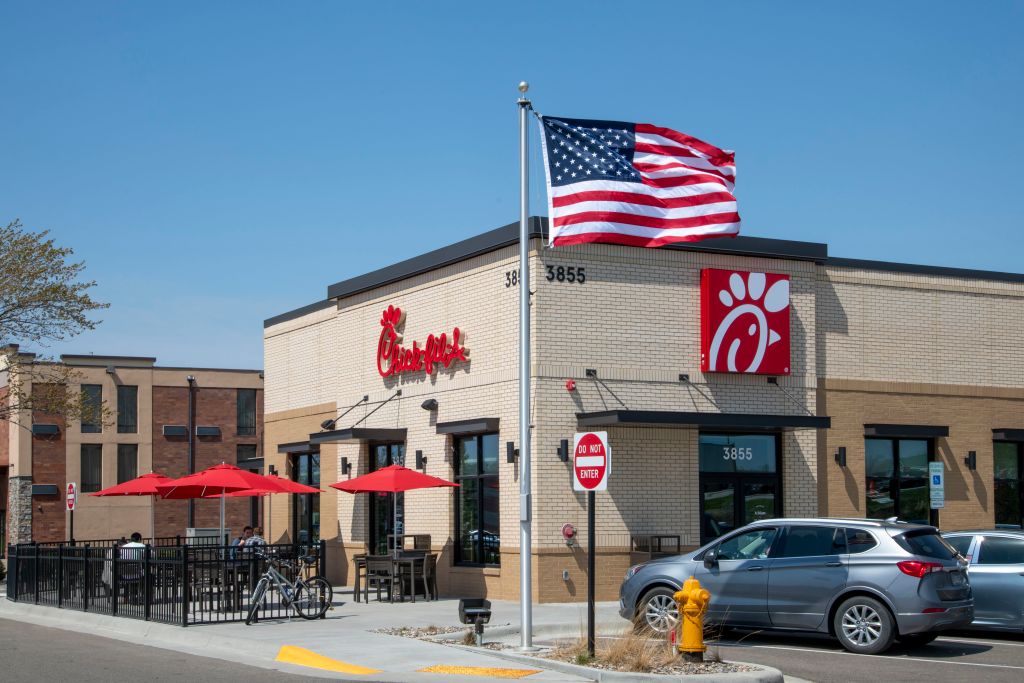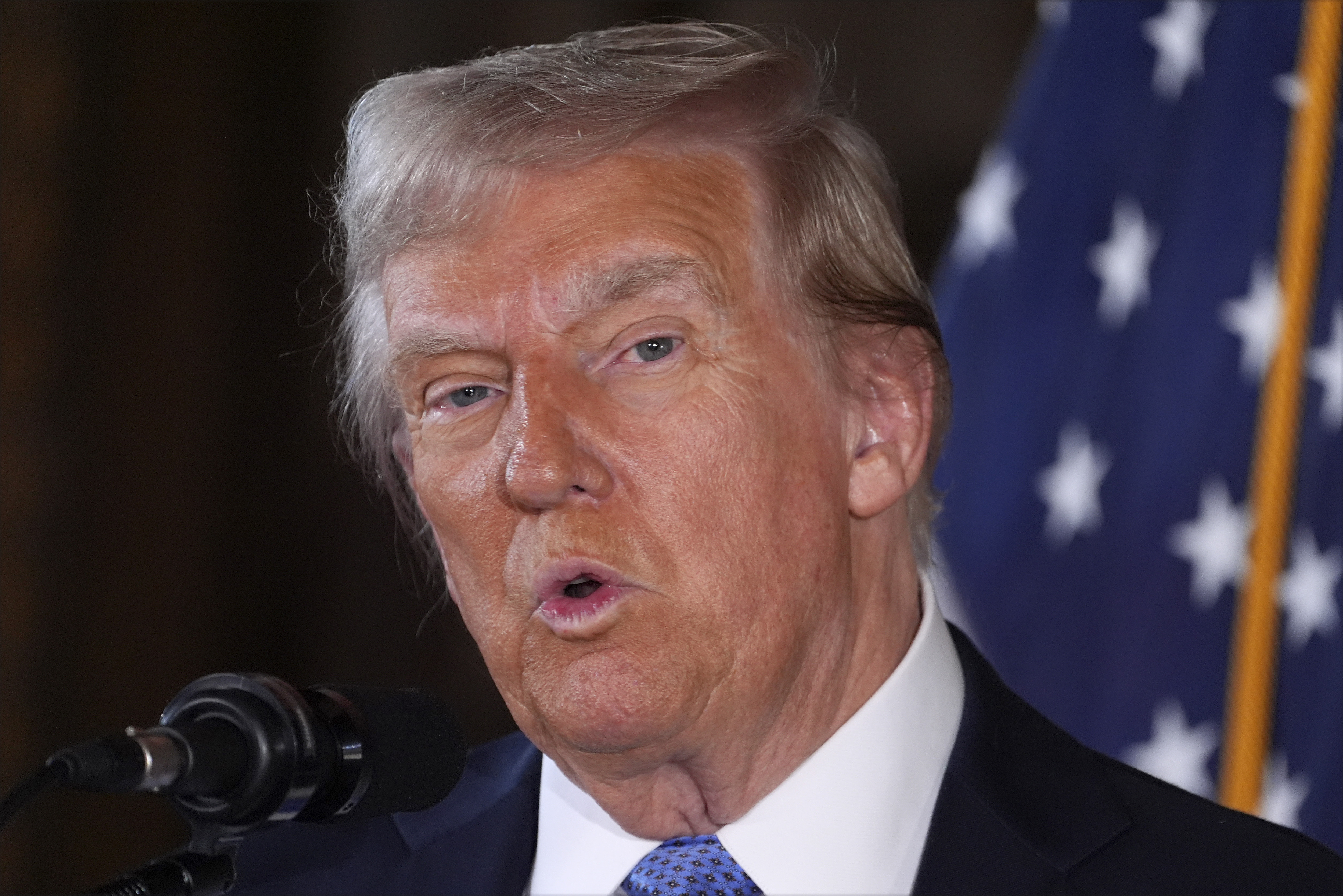
Billionaire Richard Branson understands critics who say the resources used to fuel his flight to the edge of space on Sunday could've been put to better use to tackle other problems, but believes there's room for both.
The Virgin Galactic founder addressed those who say issues like economic inequality, climate change and the pandemic deserve money from the ultra-wealthy before areas like civilian space travel in an exclusive interview alongside Virgin Galactic government affairs vice president Sirisha Bandla on TODAY Wednesday.
Get Tri-state area news delivered to your inbox.> Sign up for NBC New York's News Headlines newsletter.
"I 100% agree that people who are in positions of wealth should spend most of their money, 90% or more of their money, trying to tackle these issues, but we should also create new industries that can create 800 engineers, and scientists who can create wonderful things that can make space accessible at a fraction of the environmental cost that it's been in the past," Branson told Hoda Kotb.
He added that the environmental cost of Virgin Galactic sending people into suborbital space is the equivalent of one round trip on a Virgin Atlantic trip from London and back.
Branson, 70, achieved a lifelong dream on Sunday aboard a rocket-powered vehicle developed by Virgin Galactic, when his flight with five other crew members blasted off from the New Mexican desert and reached the edge of space more than 53 miles high.
U.S. & World
The flight lasted just more than an hour and included roughly four minutes of weightlessness.
Branson and Bandla were part of a six-person crew that included pilots Dave Mackay and Michael Masucci, Virgin Galactic chief astronaut instructor Beth Moses, and lead operations engineer Colin Bennett.
The flight was a dream Bandla didn't think was possible at first, as she tried to go the traditional route to becoming an astronaut but was disqualified because of her poor eyesight.
"I was trying to figure out how I was gonna get there, and around that same time, Richard actually announced that he was creating Virgin Galactic (in 2004), and it was gonna be a space line for everyone and make space accessible for everyone," Bandla said on TODAY. "And I remember thinking, that's how I'm gonna get to space.
"Fast forward to today, I joined Virgin Galactic for this purpose to hopefully open up space for everyone."
Bandla added that another benefit of the Virgin Galactic space travel is the ability to conduct experiments in space during the flight.
"We now have the capability to send researchers up with their experiments," Bandla said. "Typically they would hand an astronaut or NASA or another agency their experiment with instructions, but now they can fly with it.
"So on this last flight, if you look at some of the footage you see me messing with this tube, I'm actually performing a science experiment in space."
Branson also beat fellow billionaire Jeff Bezos to the edge of space, as Bezos is expected to make a flight from Texas on a rocket designed by his own space company, Blue Origin, on July 20.
"I'm happy that he's gonna have the most unbelievable experience and the team with him," Branson.
Sunday's flight is the first step in Virgin Galactic's hopes to begin commercial spaceflights with private customers next year with a reported cost of about $250,000 per person for a journey to space. The company has already been approved by the Federal Aviation Administration to fly passengers on future commercial flights to suborbital space.
Branson is also trying to open space travel to more than just the wealthy. Virgin Galactic has announced it has partnered with the fundraising platform Omaze to launch a sweepstakes to give away two tickets on a Virgin Galactic spaceflight expected to launch next year.
This story first appeared on TODAY.com. More from Today:



